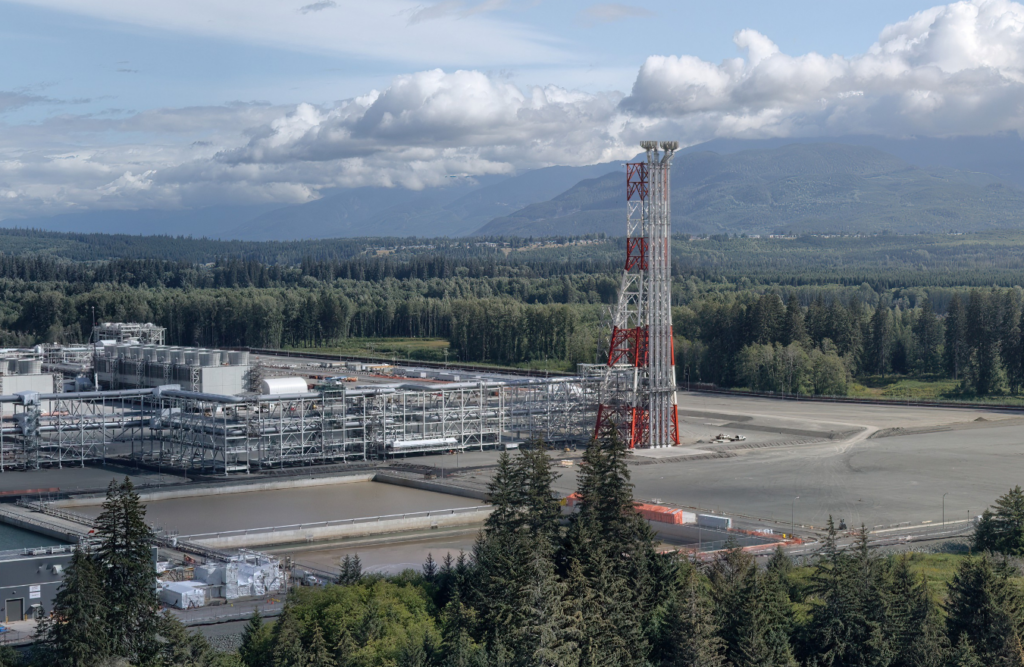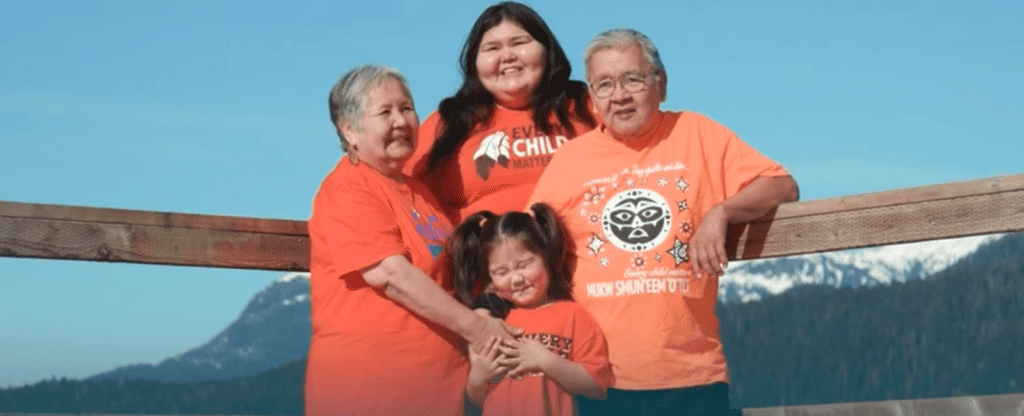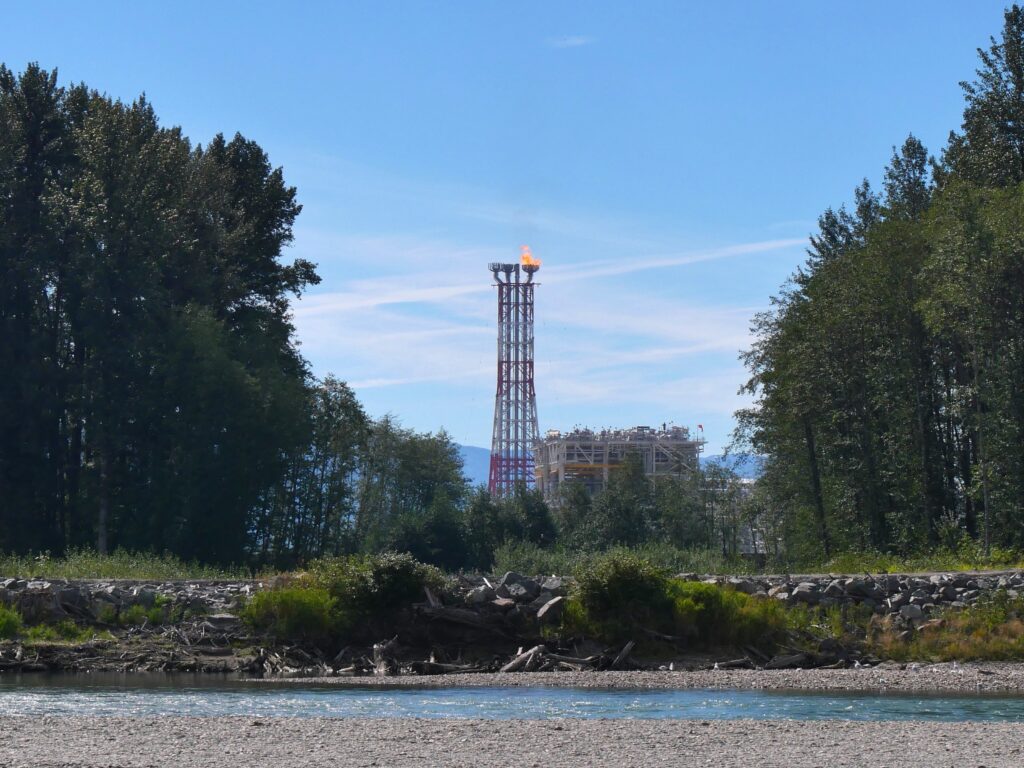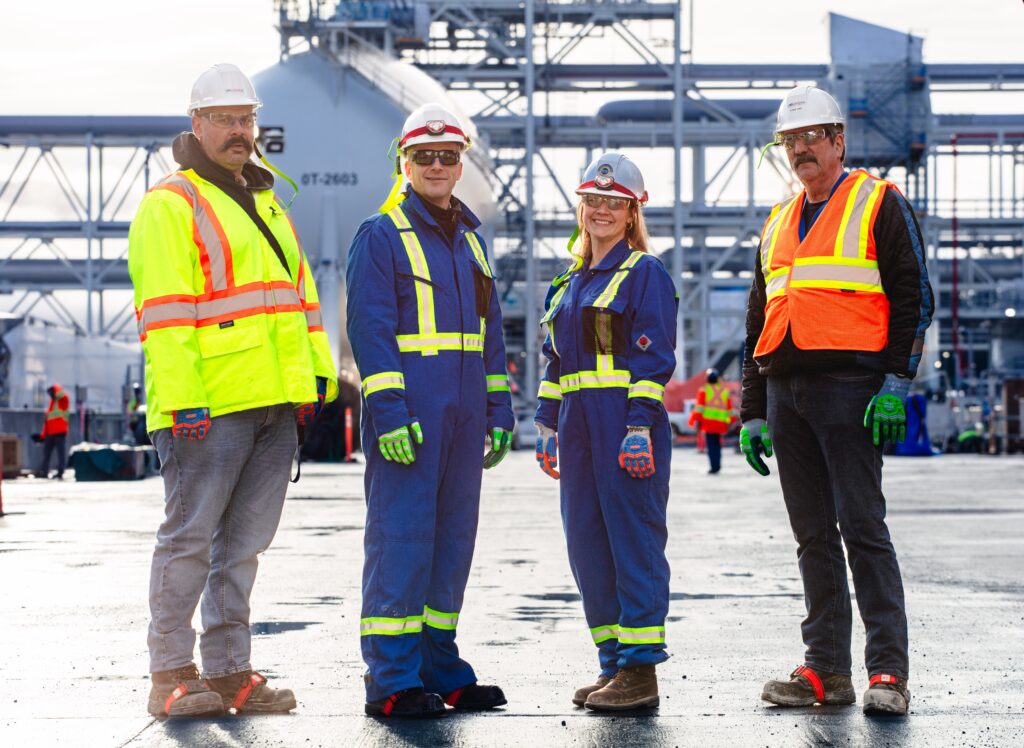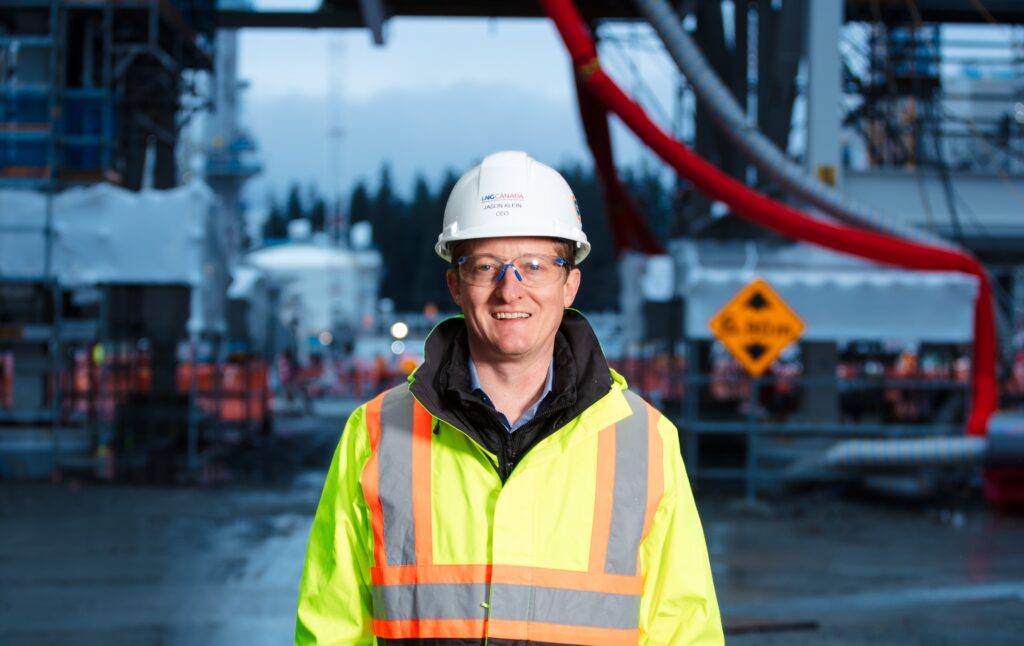Jan 20, 2020
Opinion: The importance of giving an equal voice and opportunity to be heard
Share
As the small but vocal opposition digs in against Coastal GasLink and the many Indigenous groups that support the project, I would like to share my personal thoughts and feelings about what has happened over the last few days.
Earlier this week, I was shocked to read the directive from the United Nations Committee on the Elimination of Racial Discrimination (UNCERD) denouncing and urging the cancellation of Coastal Gas Link. The BC Human Rights Commissioner quickly piled on, as did various social justice interest groups. The media, both mainstream and fringe, reported on the story daily.
For many of us who have worked so hard to respect and protect the rights of First Nations potentially impacted by the pipeline or LNG export facility, this was incredibly frustrating and disheartening. My disappointment turned to outrage to read the comments made by the UNCERD Committee Chairperson, Noureddine Amir, that he was previously unaware that the CGL project has broad Indigenous support. “I did not know that most First Nations agree on that,” Amir told Reuters in a report published January 16, 2020. “This is something new that comes to my understanding.” When asked why he did not gather more information, he responded that the Committee’s “role does not include investigations.”
At the same time as the comments of the Committee Chairperson became known, I continued to hear about First Nations’ members who fear speaking up in support of CGL as they are concerned about further retribution, bullying and intimidation. You may recall the story that became well known this time last year about the three female Wet’suwet’en Hereditary Chiefs who dared speak in favour of CGL, only to have male Hereditary Chiefs attempt to strip them of their titles. Even reporters have shared that writing a balanced or supportive story on this topic results in being viewed negatively, and facing bullying and intimidation of their own.
The right to free speech, freedom of expression and freedom of the press is a two-way street and needs to apply to people who support CGL, as well as oppose it. These are fundamental human rights. And yet, where are those stories? What about the real and present danger of accelerant, partially cut trees and other traps putting RCMP officers, CGL workers, reporters and the public in harm’s way?
Also under-reported, particularly in social justice-oriented media where you would expect to see it covered the most, is the injustice of perpetual poverty among First Nations. A report last year issued by the Assembly of First Nations found greater than 50 percent of children living on reserve live in poverty. How many from the media or among non-Indigenous protestors that hasten to pick up the Unist’ot’en mantle, have actually spent time on a reserve? How many have taken the time to speak with any of the elected Chiefs, their members and even Hereditary Chiefs that support the project and have asked them, with an open mind and heart, why? How many have reached out to Indigenous people currently employed on the project and asked them how they will support themselves if this employment disappears, which is just one of the results of calling for an end to the pipeline project? Will there be another opportunity for these Nations to have own source revenue and the means to become independent from government funds? To have members trained and employed in long-term careers that can change their lives forever and help them climb out of the cycle of poverty?
I heard David Suzuki say at a protest last year that he believed the First Nations that support CGL jumped at the first opportunity they found because they had nothing else. Many, if not all, of the Nations that signed agreements with CGL and LNG Canada did so after a rigorous review of the project, including how it would protect their cultural heritage, the air, land, water, flora and fauna. No one signed quickly, as it was not an easy decision, nor should it have been. But it was a decision that elected Chiefs made in consultation with and on behalf of their members. To say these Nations didn’t undertake due diligence is both condescending and paternalistic.
LNG Canada and CGL consulted with all impacted and potentially impacted Indigenous groups over a number of years, including making many attempts to engage with the hereditary leaders of the Wet’suwet’en. A public record exists of this consultation, which until recent public comments, has never been challenged.
I was asked this week if adopting UNDRIP would change how LNG Canada engages with First Nations. I thought about the question and responded no. How we engaged and consulted on LNG Canada and how CGL has engaged and consulted along the pipeline corridor, are consistent with UNDRIP.
I respect the opinions of the Hereditary Chiefs opposed to CGL and their desire to assert traditional law over the Wet’suwet’en. I also think it is critical that we respect the rule of the Common Law in Canada, and trust that Justice Church, who had the benefit of having all of the evidence and information in front of her, made a decision by which we all must abide.
I know the opposition to CGL wakes up every day with passion and commitment. I also recognize that I can never speak for my First Nations friends and colleagues. But what I can and will do, is wake up every day with passion and commitment to give those who support this project an equal voice and an equal opportunity to be heard.


